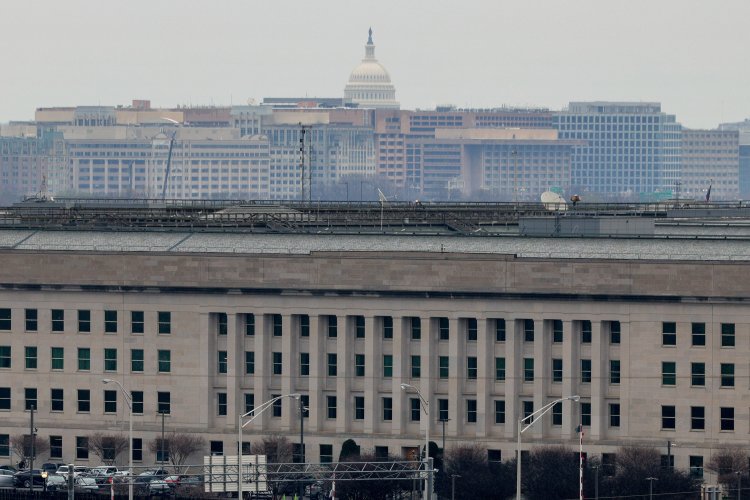Mass Resignation Hits Pentagon's 'SWAT team of nerds'
Staff members of a defense technology division claim they have been marginalized by DOGE. “Either we die quickly or we die slowly,” the director states.

These resignations will effectively bring an end to the decade-old program after April.
Established in 2015, the Defense Digital Service aimed to assist the Pentagon in implementing quick technological solutions during national security emergencies and to foster a culture of innovation reminiscent of Silicon Valley within the department. The service developed various rapid-response tools for military operations, including resources during the Afghanistan withdrawal, databases for transferring military and humanitarian aid to Ukraine, and technologies for detecting drones.
The discontinuation of the program will result in sunset clauses for several key initiatives intended to enhance the Department of Defense's tech talent pipeline and to counter adversarial drone activities, according to one staff member who is set to leave.
Often referred to as the Pentagon's “SWAT team of nerds,” the DDS was among the earliest initiatives to integrate Silicon Valley principles into the sprawling military bureaucracy.
Jennifer Hay, the director of the 14-member office, intends to depart by May 1. Additionally, eleven other employees are expected to accept President Donald Trump’s deferred resignation package by that time, with the remaining two staff members also planning to leave.
A spokesperson from the Pentagon declined to comment on the resignations but noted that the functions of the office would be incorporated into the Chief Digital and Artificial Intelligence Office, which includes the DDS.
Hay expressed that her team had initially believed they would play a role in Musk’s initiative to automate operations within the Pentagon and adopt AI technologies.
“The reason we stuck it out as long as we have is that we thought we were going to be called in,” she said.
However, interviews indicate that they were marginalized by the Department of Government Efficiency's initiatives.
Similar digital modernization efforts within the government have faced comparable challenges. The U.S. Digital Service, which played a significant role in modernizing government technology and attracting tech talent, has also been absorbed by DOGE amid widespread layoffs. Moreover, a technology unit within the GSA called 18F was eliminated by DOGE.
In recent years, the DDS has struggled to maintain its full staffing levels, facing obstacles such as political infighting, hiring freezes, travel restrictions, and an increasing number of bureaucratic hurdles. A watchdog audit from May 2024 revealed that former DDS directors had issued unauthorized waivers for certain technological tools. However, every employee interviewed noted that they would not have considered leaving if not for DOGE's influence.
A former senior Pentagon official, who requested anonymity due to concerns about retaliation, described DOGE's broader takeover of the Defense Department as detrimental and counterproductive.
“They're not really using AI, they're not really driving efficiency. What they're doing is smashing everything,” the former official stated.
At the DDS, Hay conveyed the sentiment succinctly: “The best way to put it, I think, is either we die quickly or we die slowly.”
Thomas Evans for TROIB News
Discover more Science and Technology news updates in TROIB Sci-Tech












